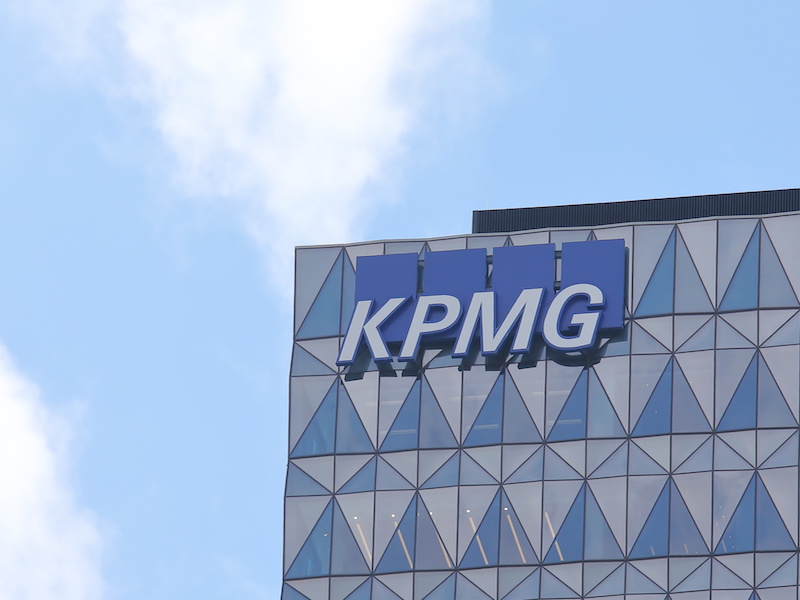

KPMG in Canada is marking the National Day for Truth and Reconciliation by educating employees and employer clients on issues impacting Indigenous Canadians.
The organization will close its offices on Oct. 2, providing employees with a day off to reflect and educate themselves on truth and reconciliation. According to the organization’s latest diversity, equity and inclusion report, more than 11,800 KPMG employees have participated in the National Day for Truth and Reconciliation over the last two years, while more than 78,000 hours have been invested in truth and reconciliation education during the same time period.
These efforts are being led by Greg Monias, who was recently hired as KPMG’s senior manager for truth and reconciliation to deliver the firm’s action plan from an Indigenous perspective. The action plan is also supported by KPMG’s national Indigenous advisory group, which was established earlier this year.
Read: KPMG in Canada supporting workplace DEI with leadership diversity targets, support for new Canadians
“It’s really my goal to give our employees the opportunity to feel comfortable learning about our shared history and provide them with the tools to make meaningful changes in their lives, both personally professionally, that will move us towards reconciliation,” he says.
KPMG has also set a goal of increasing Indigenous representation to 1.7 per cent by October 2025 (it’s currently at 0.8 per cent). The firm recently hired an Indigenous recruitment specialist and is set to launch a mentorship program for Indigenous employees to support retention efforts. It’s also paving the way for the next generation through a $250,000 investment over the next five years to support Indigenous business students at the University of Alberta.
“Our objective is really to provide our Indigenous employees with a sense of belonging and really to feel like they have a home here at KPMG,” says Monias. “It’s a really unique opportunity for us to really build on that community aspect.”
Read: Truth and Reconciliation: Employer awareness growing but more action required, says expert
The firm is also supporting its employer clients’ truth and reconciliation initiatives, says Monias, noting while employers want to discuss the topic, many are worried about making a misstep. “They’re afraid of saying the wrong thing or engaging in the wrong way. A large part of [our work] is trying to give them the opportunity to feel safe in engaging with truth and reconciliation. . . . What we’re hearing and seeing is when people are asking to be engaged [on truth and reconciliation], they’re very engaged.”
Last October, KPMG launched an Indigenous wellness benefit as part of its truth and reconciliation action plan. Monias says feedback from employees has been overwhelmingly positive.
“We’ve been hearing from employees that [the wellness benefit] has actually been so helpful for them to feel that sense of belonging and community within the firm. They may have lost a connection to their community or their culture and this has helped them bring that [connection] back in their healing.”
Read: KPMG offering Indigenous wellness benefit as part of Truth and Reconciliation plan
